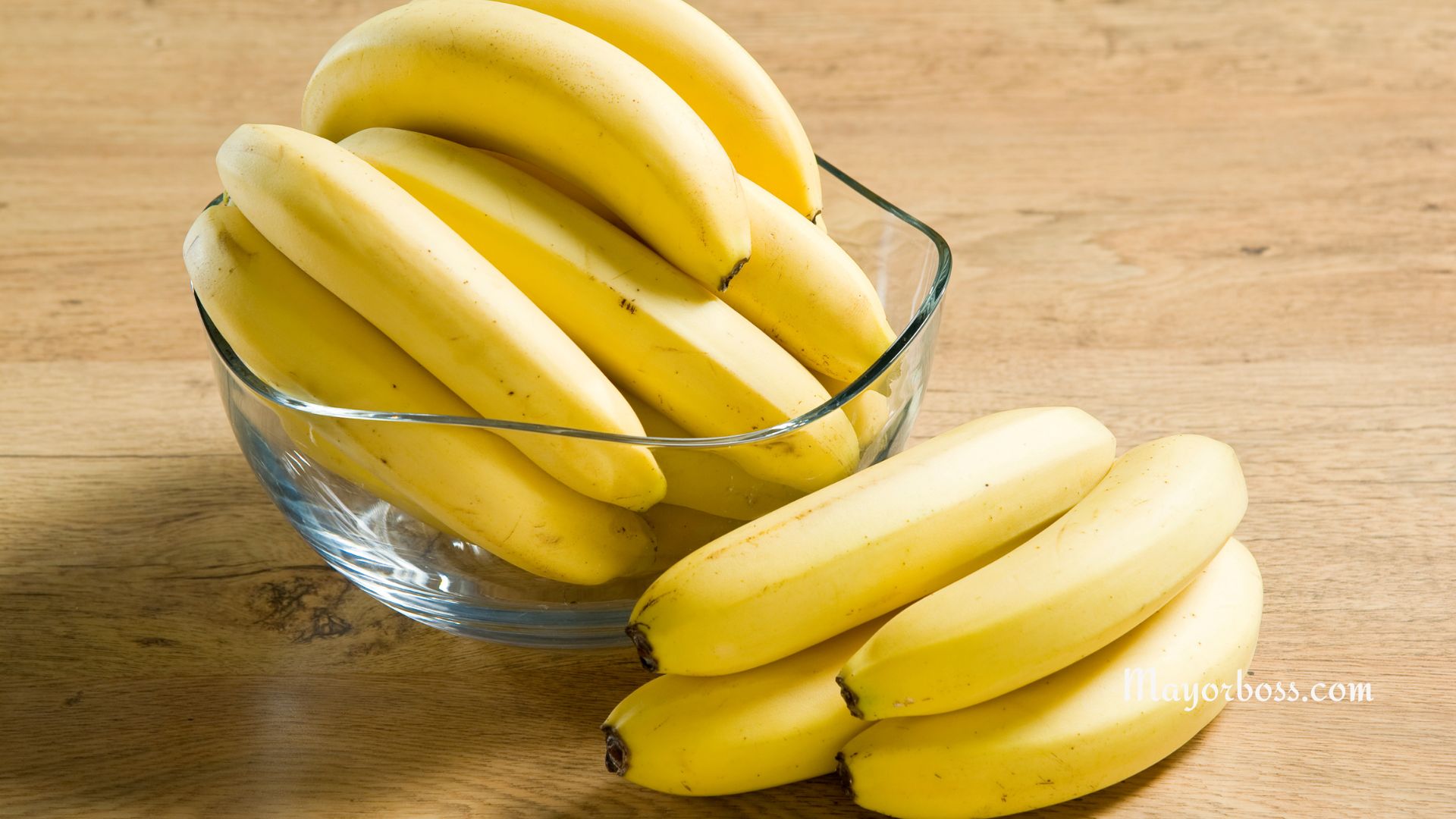7 Foods That Help Fight Depression
Depression is a common mood disorder that affects millions of people. It can cause feelings of sadness, tiredness, and loss of interest in daily activities. While therapy and medication can help, what you eat also plays a role in mental health. Certain foods provide nutrients that support brain function and may improve mood.

How does food affect your mood? Your brain needs nutrients to work properly. Some vitamins and minerals help produce chemicals in the brain that control mood. Eating a balanced diet with these nutrients may help lower the likelihood of depression. While food alone cannot cure depression, it can be a vital part of staying healthy. Here are seven foods that may help fight depression.
1. Fatty Fish
Fatty fish like salmon, mackerel, and sardines are rich in omega-3 fatty acids. These healthy fats help the brain function and may reduce symptoms of depression. Studies suggest that people who eat more omega-3s tend to have better mental health. Try eating fatty fish twice a week. If you don’t eat fish, you can get omega-3s from flaxseeds, chia seeds, and walnuts.
2. Leafy Green Vegetables
Leafy greens such as spinach, kale, and Swiss chard contain folate, a B vitamin that helps the brain make important chemicals. Low levels of folate have been linked to depression. Adding leafy greens to salads, smoothies, or sandwiches is an easy way to get more folate in your diet.
3. Nuts and Seeds
Nuts and seeds, like walnuts, almonds, and flaxseeds, contain healthy fats and protein. These nutrients help keep your blood sugar levels stable, which can prevent mood swings. Walnuts, in particular, are a great source of omega-3s. Eating a handful of nuts as a snack or adding seeds to your yogurt or oatmeal can be a simple way to support mental health.
4. Whole Grains
Whole grains, such as brown rice, quinoa, and whole-wheat bread, give your body slow-burning energy. This helps keep blood sugar levels steady, preventing mood changes. Swapping white bread and pasta for whole-grain options is a simple way to improve your diet and support brain health.
5. Fermented Foods
Fermented foods like yogurt, kefir, sauerkraut, and kimchi contain probiotics, which are good bacteria that help keep your gut healthy. Scientists have found a strong connection between gut health and mood. Eating fermented foods may help improve mental well-being. Try adding a serving of yogurt or other fermented foods to your daily meals.
6. Bananas
Bananas deserve a mention. Bananas are rich in vitamin B6, which helps your body make serotonin. They also offer fiber and potassium, which support overall health. Bananas are easy to eat on their own or add to cereal and smoothies. Including a banana in your daily diet can be a quick and healthy way to boost your mood.
7. Dark Chocolate
Dark chocolate contains compounds that help increase serotonin, a brain chemical that boosts mood. It also has antioxidants that reduce stress. Choosing dark chocolate with at least 70% cocoa is best since it has less sugar. Eating a small piece as an occasional treat may help lift your mood.
Easy Ways to Add These Foods to Your Diet
Here are some simple tips:
- Plan your meals to include fish, leafy greens, and whole grains.
- Snack on nuts and berries instead of processed foods.
- Add fermented foods like yogurt to your breakfast.
- Choose dark chocolate for a healthy dessert option.
- Try new recipes with brain-boosting ingredients.
Final Thoughts
What you eat can affect how you feel. While food is not a cure for depression, adding fatty fish, leafy greens, nuts and seeds, whole grains, fermented foods, berries, and dark chocolate to your diet may help support brain health. These foods provide important nutrients that can help improve mood and energy levels. If you have ongoing feelings of depression, talk to a doctor about the best treatment options for you.
